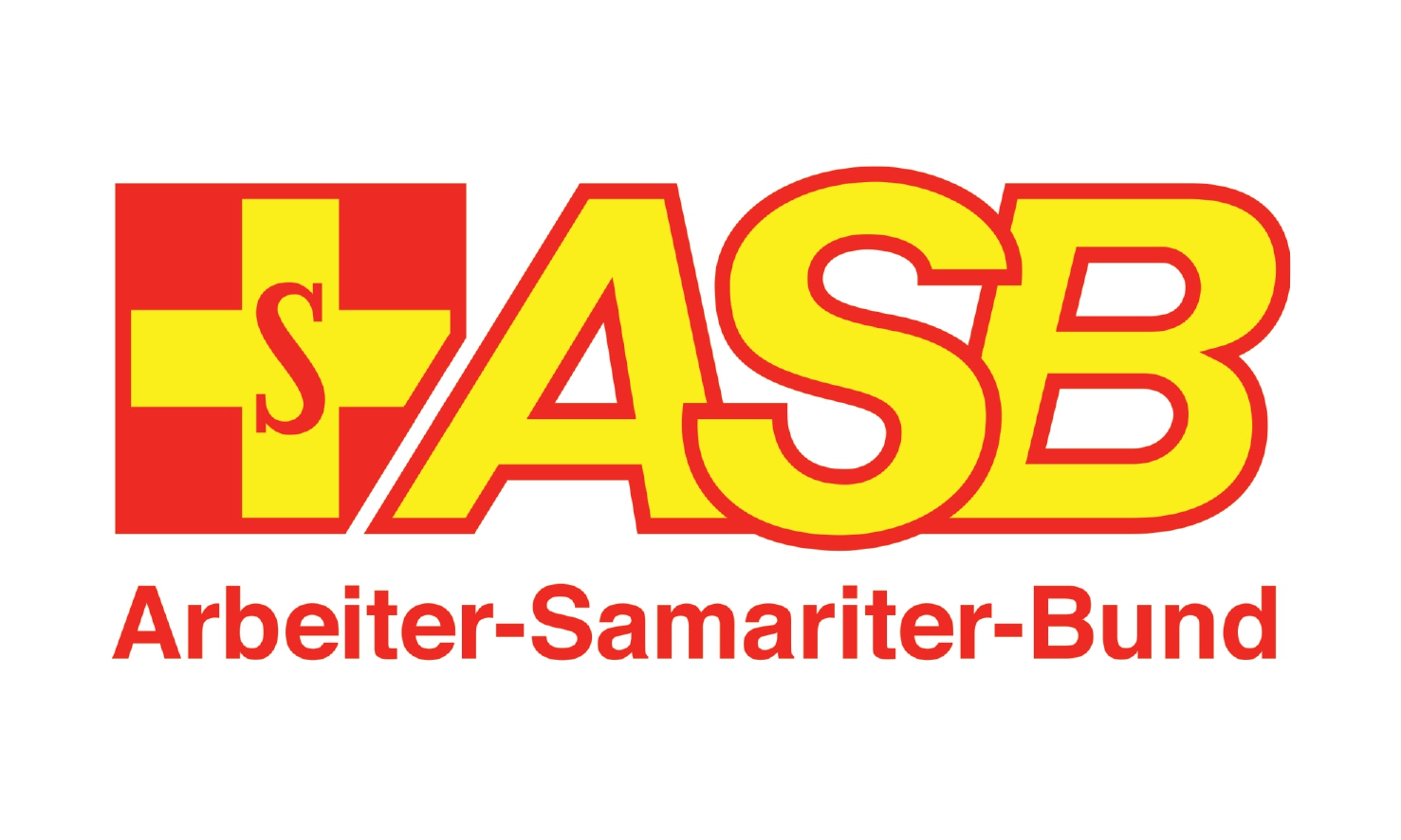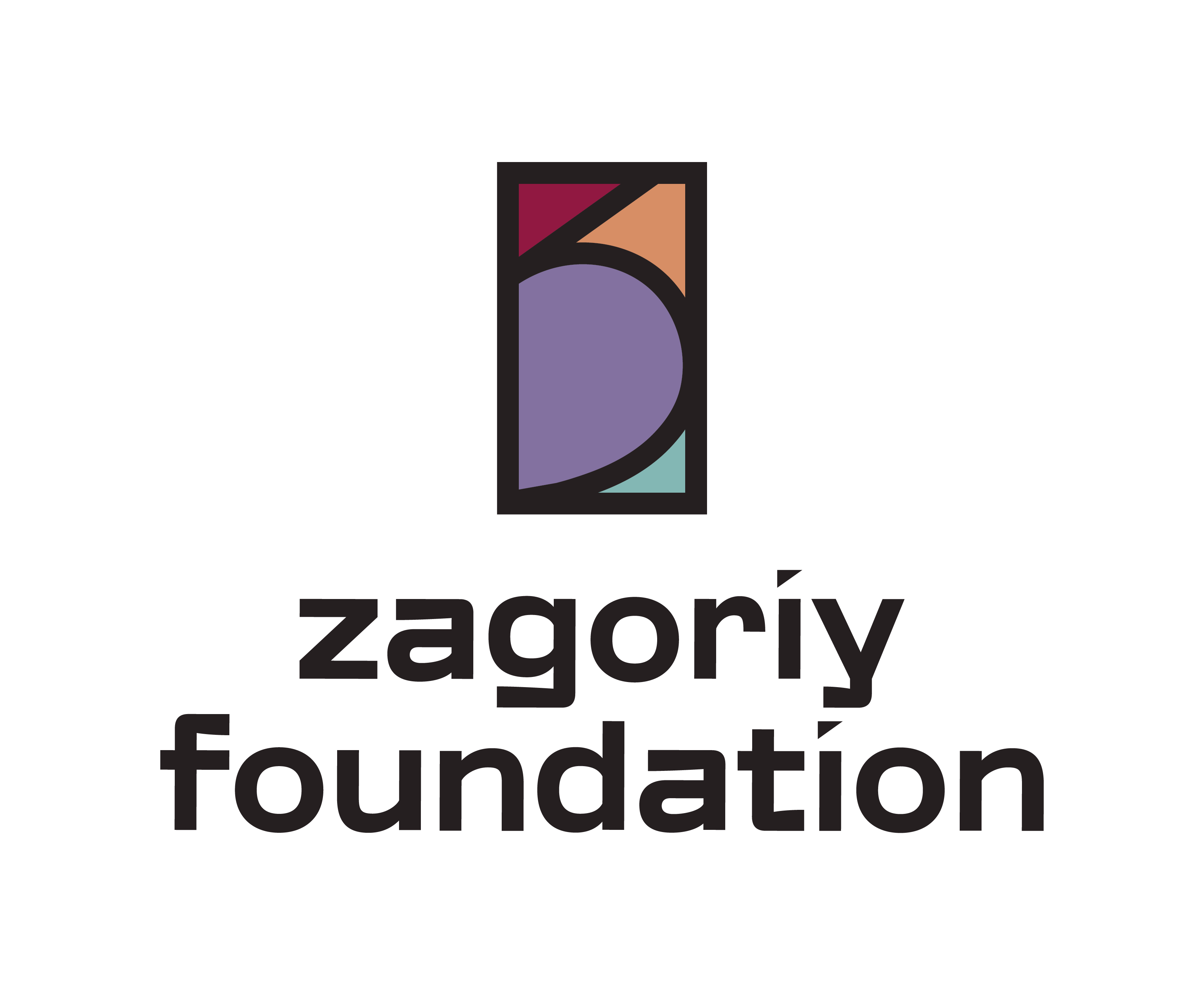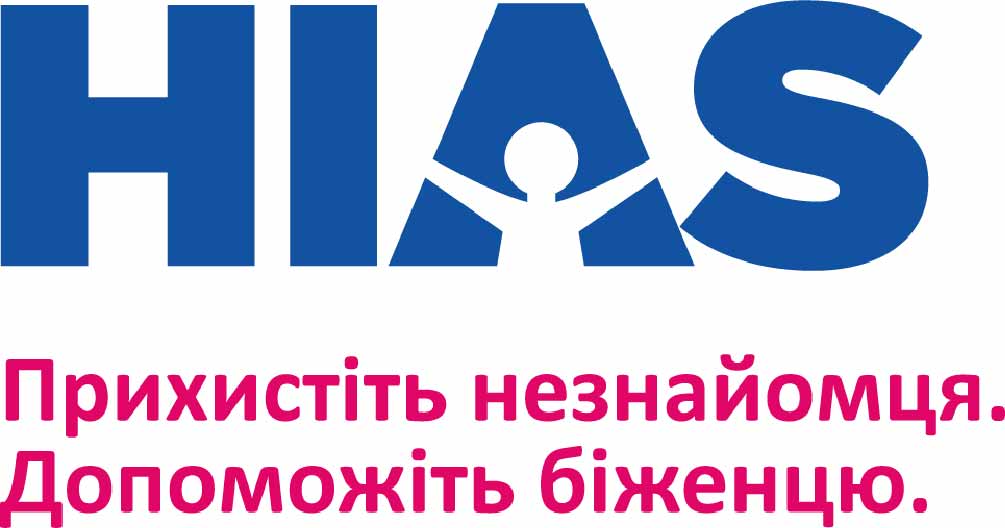USAID Fixed Amount Awards: refund of unused funds
ДрукуватиFixed Amount Awards are not a novelty to non-profit organizations that receive funding from USAID as recipients or sub-recipients. This funding mechanism is fairly common and helps reduce the administrative burden and recordkeeping requirements for both the recipient and the donor. Recently, we have been receiving more questions from our clients about administering such awards.
In accordance with ADS Chapter 303, a fixed amount award is a type of grant or cooperative agreement in which USAID provides a specific level of funding and for which the Agency does not base payment upon the actual costs incurred by the recipient. Accountability is based primarily on performance and results.
A fixed amount award is appropriate when:
- the program scope has measurable goals and objectives and
- accurate cost, historical, or pricing data is available to establish a fixed amount budget based on a reasonable estimate of actual costs.
Payments under fixed amount awards are based on meeting measurable goals and objectives. The payment structure may be set up in a variety of ways, including:
- In several partial payments. The amount of each agreed payment as well as the “milestone” or event triggering the payment are agreed to in advance and specified in the award;
- On a unit price basis. The defined unit(s) or price(s) are agreed in advance and specified in the Federal award; or,
- In one payment at the completion of the Federal award.
Provisions of 2 CFR 200.201 also stipulate that accountability must be based on performance and results, which can be communicated in performance reports or through routine monitoring. There is no expected routine monitoring of the actual costs incurred by the recipient or subrecipient under the Federal award. Therefore, no financial reporting is required. However, this does not absolve the recipient or subrecipient from the record retention requirements; nor does it absolve the recipient or subrecipient of the responsibilities of making records available for review during an audit.
At the end of a fixed amount award, the recipient or subrecipient must certify in writing to the Federal agency or pass-through entity that the project was completed as agreed to in the Federal award, or identify those activities that were not completed, and that all expenditures were incurred in accordance with § 200.403. When the required activities were not carried out, including fixed amount awards paid on a unit price basis, the amount of the Federal award must be reduced by the amount that reflects the activities that were not completed in accordance with the Federal award. When the required activities were completed in accordance with the terms and conditions of the Federal award, the recipient or subrecipient is entitled to any unexpended funds and they are not considered profit.. Consequently, at the end of the grant agreement, if all conditions are met—activities are completed and all indicators are achieved—there is no requirement to return funds to the donor in case other is specified in the award.
However, regardless of the type of award funded by the U.S. Government, recipients and subrecipients must comply with cost principles in accordance with 2 CFR Part 200: Uniform Administrative Requirements, Cost Principles, and Audit Requirements for Federal Awards.
In accordance with 2 CFR 200.403 ‘Factors affecting allowability of costs’, the costs must be compliant to the criteria to be allowable under the Federal awards:
(a) Be necessary and reasonable for the performance of the Federal award and be allocable thereto under these principles.
(b) Conform to any limitations or exclusions set forth in these principles or in the Federal award as to types or amount of cost items.
(c) Be consistent with policies and procedures that apply uniformly to both federally financed and other activities of the recipient or subrecipient.
(d) Be accorded consistent treatment. For example, a cost must not be assigned to a Federal award as a direct cost if any other cost incurred for the same purpose in like circumstances has been allocated to the Federal award as an indirect cost.
(e) Be determined in accordance with generally accepted accounting principles (GAAP), except, for State and local governments and Indian Tribes only, as otherwise provided for in this part.
(f) Not be included as a cost or used to meet cost sharing requirements of any other federally-financed program in either the current or a prior period.
(g) Be adequately documented.
(h) Administrative closeout costs may be incurred until the due date of the final report(s). If incurred, these costs must be liquidated prior to the due date of the final report(s) and charged to the final budget period of the award unless otherwise specified by the Federal agency. All other costs must be incurred during the approved budget period.
2 CFR 200.404 Reasonable costs:
A cost is reasonable if it does not exceed an amount that a prudent person would incur under the circumstances prevailing when the decision was made to incur the cost. In determining the reasonableness of a given cost, consideration must be given to the following:
(a) Whether the cost is generally recognized as ordinary and necessary for the recipient’s or subrecipient’s operation or the proper and efficient performance of the Federal award;
(b) The restraints or requirements imposed by such factors as sound business practices; arm’s-length bargaining; Federal, State, local, tribal, and other laws and regulations; and terms and conditions of the Federal award;
(c) Market prices for comparable costs for the geographic area;
(d) Whether the individuals concerned acted with prudence in the circumstances considering their responsibilities to the recipient or subrecipient, its employees, its students or membership (if applicable), the public at large, and the Federal Government; and
(e) Whether the cost represents a deviation from the recipient’s or subrecipient’s established written policies and procedures for incurring costs.
Therefore, when planning budgets of USAID funded projects, particularly a fixed amount awards, recipients or subrecipients should comply with provisions outlined in 2 CFR Part 200. It is essential to ensure that all planned project costs are necessary to carry out the award, compliant to cost principles, and funds are used for their intended purpose without excess.
Author: Nataliia Shkurka – Capacity Building Advisor, Compass Group.
*This article represents an independent opinion of the author. For specific interpretations of USAID regulations, refer to the award or contact relevant officers managing your award/subaward.



















